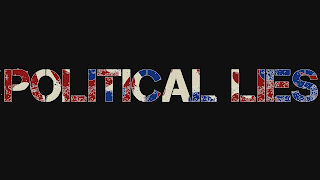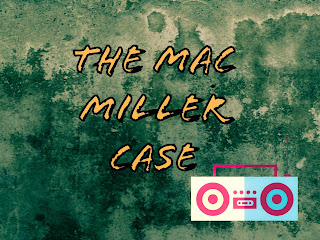Political Lies
Since the inception of
the United States its lawmakers have based their careers and desires for power
on frivolous claims. The earliest lies
were intertwined with the descriptive words that emanated during and after the
Revolution. That is, the words “freedom,”
“liberty,” and “justice for all” were not wholeheartedly embraced by lawmakers
and the citizens in the country and, in turn, became the foundation for all
other speeches and politically motivated actions as the nation grew. As these three labels routinely come about
during the course of American history, the validity of them, apparently,
has a low threshold of truth when the behaviors of the government practitioners
and their supporters are fully examined.
False patriotism and propaganda are two elements that makeup the United
States' political field and the deceit has become so commonplace that citizens
have been subjugated for the entire history of the country without noticing it in many situations or participating in many objections.
Explaining more, the
lawmakers have been given permission to lie and engage in hypocrisy because of
the lack of power and belief systems by citizens. False and exaggerated claims are considered to
be normal behaviors by many laypeople and fact checking, or calling out
lawmakers on their biases and frivolous claims, is viewed as inappropriate in many situations and,
at times, is ceased by the professionals making the false claims or by their
supporters. In fact, the terms that
describe a group or person as unnecessarily rebellious are often used to
circumvent any opposition to the activities toward seeking the truth in politicians’
deliverances. Moreover, the claims about
deception are often used by political parties and its supporters as a utility -- other than negative verbiage -- when opportunities of power retention arise.
In other words, political leaders and their supporters will participate
in agendas that slander any opposition when falsities are recognized and proven
to be incorrect and used in a manner that boasts their wanted credibility. Again, speech and organized systems are an example of this. The hypocrisy of these behaviors is astonishing.
When these activities occur
many regulations, social morals, and ideas of proper democratic governance are disregarded
and citizens concentrate only on the conveyances that are indirectly and
directly presented to them. Discussions about
domestic and foreign affairs are guided by rudimentary depictions that suggest
that issues can be solved or explained with simplistic terminology and vague or
extremely general statements about complex ordeals and, in many cases, it is
stated that the issues can only be dealt with by the political party that is making
the declarations about necessary improvements. Again, this is an example of a lie in itself by political leaders, their supporters,
and the media engagements about the topics of interest. Support cliques are generated and massive
regimes of hatred toward opposing viewpoints cause hysteria in many facets. Divisions between social classes and political
affiliations become a basis for living standards and, in turn, the concepts of bipartisanship and honesty in government vanishes, as well as in many of the minds of citizens. Case in point, the ideas within
the Constitution and framers of the nation have been haphazardly implemented
for many decades and is still ongoing, and citizens embrace frivolousness without much questioning and turn against each other because of the deception and norms that have become acceptable.
Political lies, and the
acceptance of them, have caused such disruption in the ideas of governance that it is considered to be perverse to have a government without political
parties or a system that has lawmakers that work together and provide adequate
services and policies for organizations and citizens of all walks of life. The constant engagements that cause political
and social divisions have solidified a nation that is based on false ideologies
and favoritism. Which, in turn, brings
up notions that are rooted in the belief that hatred and competition in
political ideations are proper forms of democracy.
 |
| Photo Credit: Gigi Sini |


Comments
Post a Comment